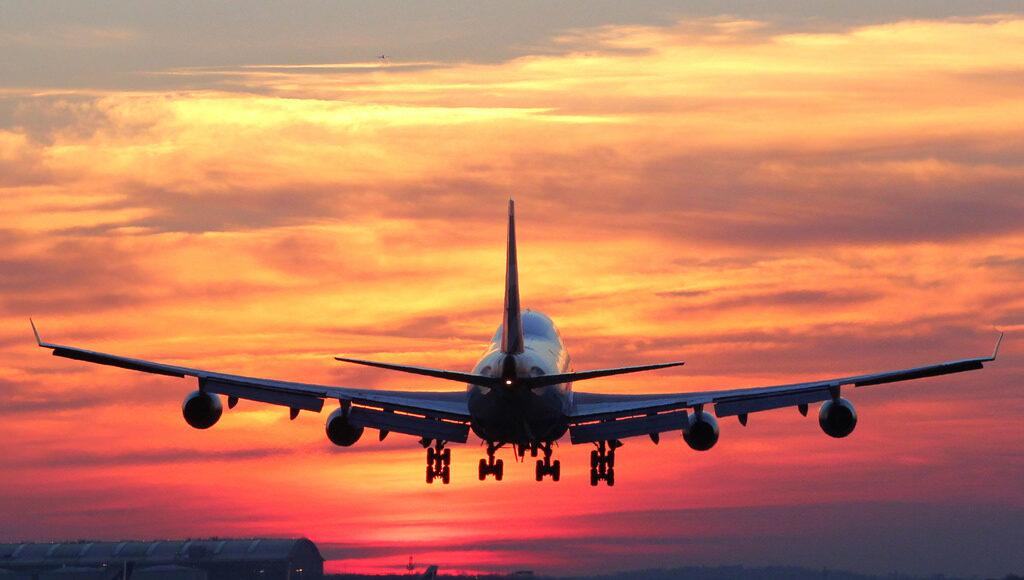With less flights, more security precautions and confusing government announcements, Australians may be wondering how to return home from their overseas trip.
Smartraveller.com.au recently released a guideline protocol for citizens to return to Australia, as well as providing safety precautions for Greeks going back to Europe.
Returning home
Caps on the numbers of passengers coming into Australian airports from overseas has meant that there are less available flights. Potentially affecting people’s flights back into Australia, the government has asked people to “confirm your itinerary and travel plans with your airline or travel agent,” before travel.
If Australians plan to be using their yachts to arrive back in Australia, the government has noted the “risks to your personal health and safety.”

“Due to border closures and other restrictions, you may not have access to ports and supplies en route,” Smartraveller.com.au says.
Going overseas
While Greeks would want nothing more than to go back to their home country and relax on the beach, unfortunately, Australia has imposed a ban on overseas travel.
If you’re lucky enough to receive an exemption from the Department of Home Affairs, here’s what you need to know before travelling.
- Flights may be difficult to find – both for leaving and returning to Australia. Many countries have closed their borders to foreign citizens and travel regulations and restrictions are changing often and at short notice. Be prepared for possible delays and disruptions to your travel.
- Many travel insurance policies won’t cover claims relating to COVID-19. Read insurance policies carefully to know what will and won’t be covered.
- Even if you get an exemption, you’ll have to comply with entry restrictions when you come back to Australia, including 14 days of mandatory quarantine. You may also have to pay for the cost of quarantine.
- In some countries, Australia’s embassy buildings are closed to the public or offering limited consultations by appointment only. This is due to tight restrictions on local services and movement, including of the embassy staff.
